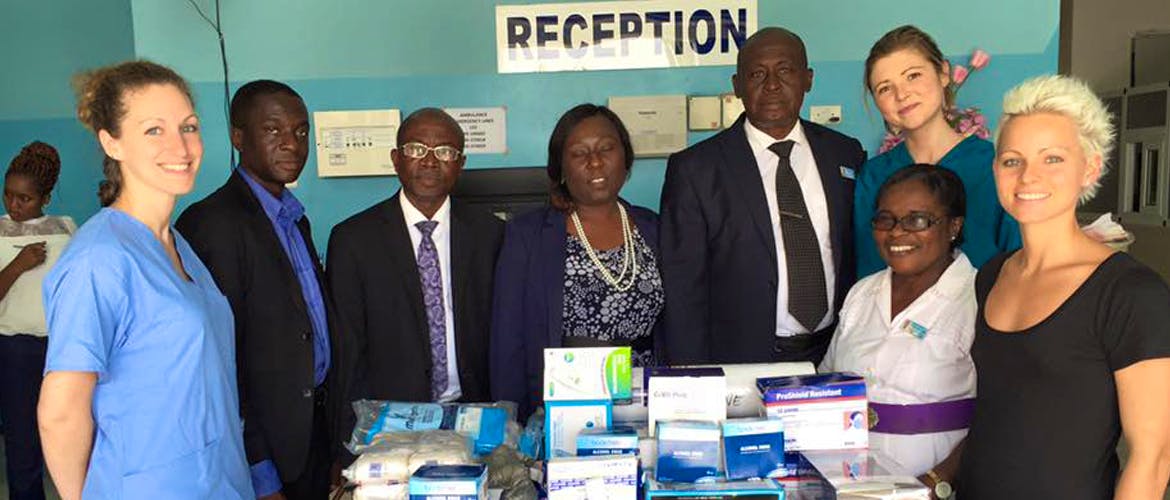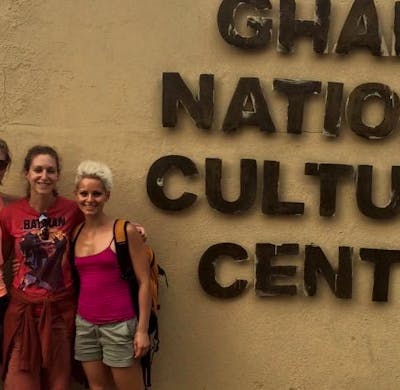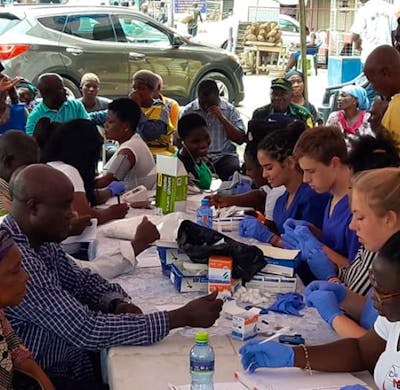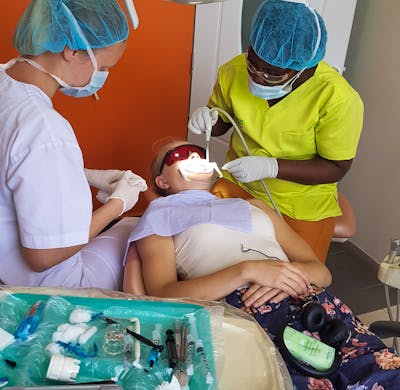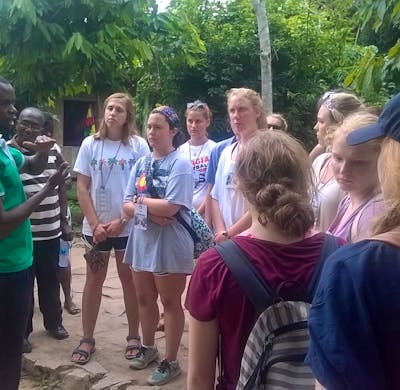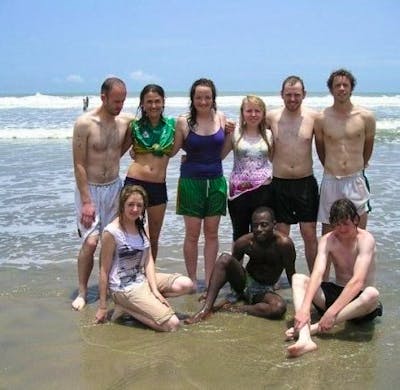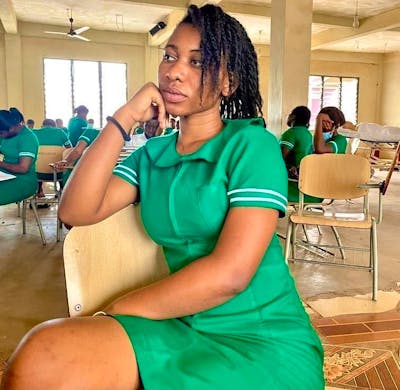from 559€
Biomedical Science Internship
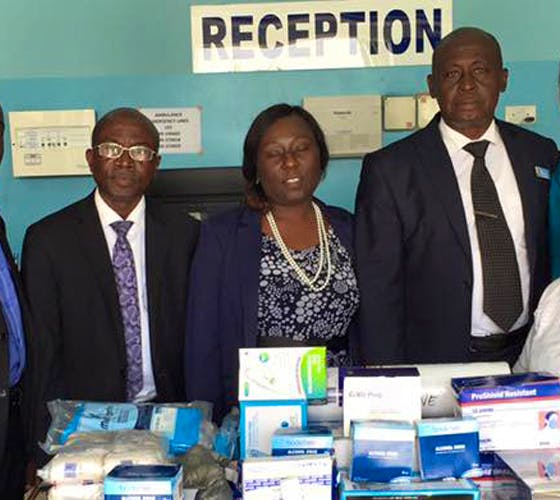
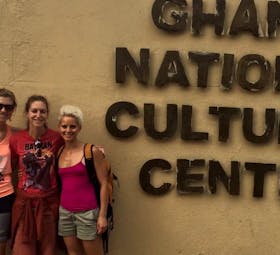
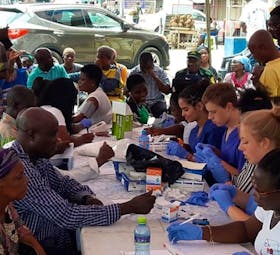
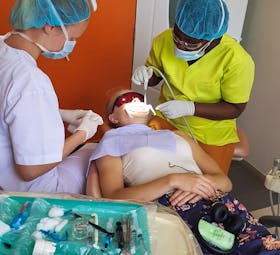
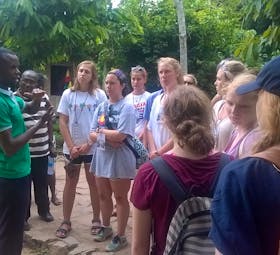
Highlights
- Put your knowledge and skills to test in an unfamiliar, international setting.
- Travel to Kumasi and visit the palace, which illustrates the history of the Ashantis
- Visit Ghana's largest market in Kumasi, and buy some local goods
- Enjoy countless cultural and natural attractions offered in Ghana
- Go on weekend excursions or join social events together with other OGVO volunteers and interns
Especially suitable
About the program
Get the chance to volunteer in a laboratory in Ghana, an area that needs your support. Volunteers will be based in a hospital that provides services in general medicine.
There is one country that comes to mind when one wants to volunteer in the area of laboratory and diagnostic research in Africa, the best destination for such undertaking is Ghana. Ghana is located in West Africa with a relatively peaceful environment and evenly distributed health facilities ...
Typical day
Wake up each morning at your host family before eating breakfast, donning your white coat, and grabbing a tro-tro or shared taxi that will take you to the hospital. On your first day, our staff will accompany you to show you the way.
A typical day starts at 8am, and ends at 2pm, Monday to Friday. ..
Free-time activities
During weekends Volunteers/Interns have the opportunity to visit all that Ghana has to offer. Weekend trips available include visits to Mole National Park in the Northern Region of Ghana. This National Park offers a great Safari-like experience and is one of the biggest Elephant Sanctuaries in ...
Requirements
What's Included
What's NOT included?
Details on arrival
This program is available all year round, so volunteers or interns can arrive any day of the week or any month of the year with enough advanced notice!
Program fees
Meet your organization

Our Generation Voluntary Organization
Non-profit - founded in 2004
Verified by Volunteer World
Coordinated by
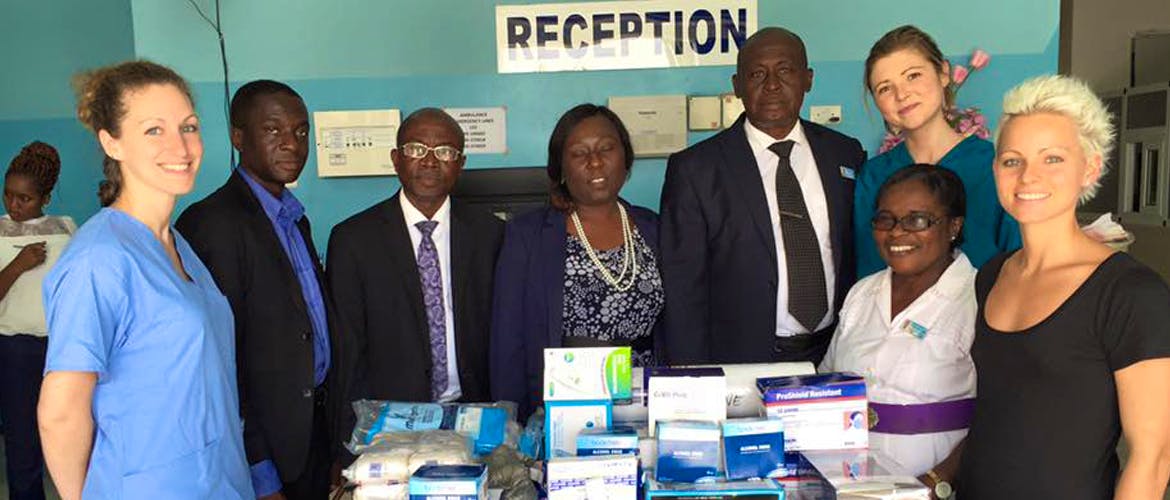
Frank
About the project
41 reviews ·  4.5
4.5
Location

You might also be interested in
-
High School Volunteering
Mission Trips
Global Volunteer Opportunities
Medical Mission Trips
Medical Volunteer in Africa
Medical Training in Ghana
Mission Trips to Africa
Under 18s Volunteering
Best Volunteer Programs
Hospital
Volunteer Trips for College Students
Adults
Projects Abroad
Couples
Group Volunteering
Voluntouring
50 Plus Volunteering
Family Volunteering
